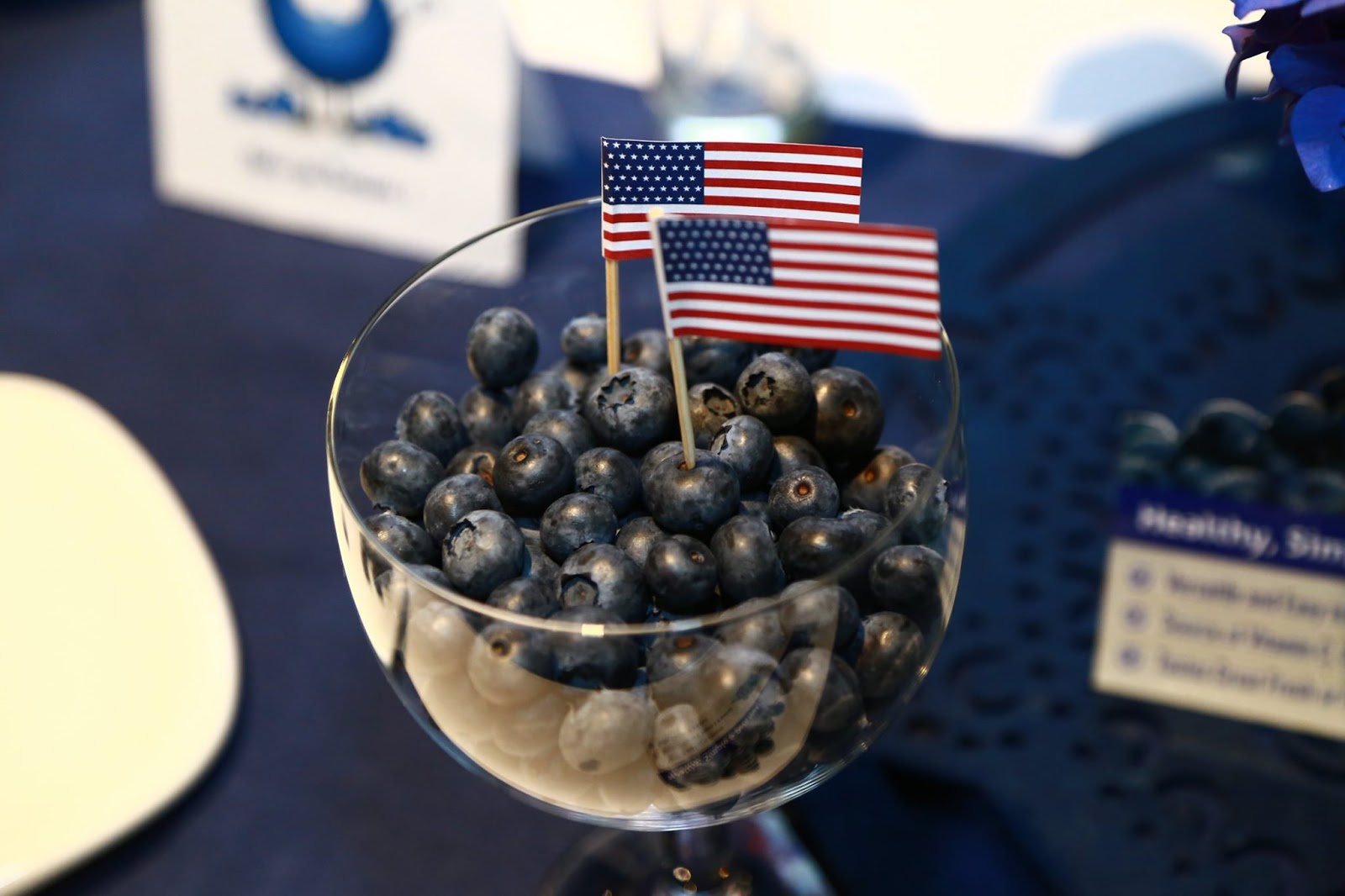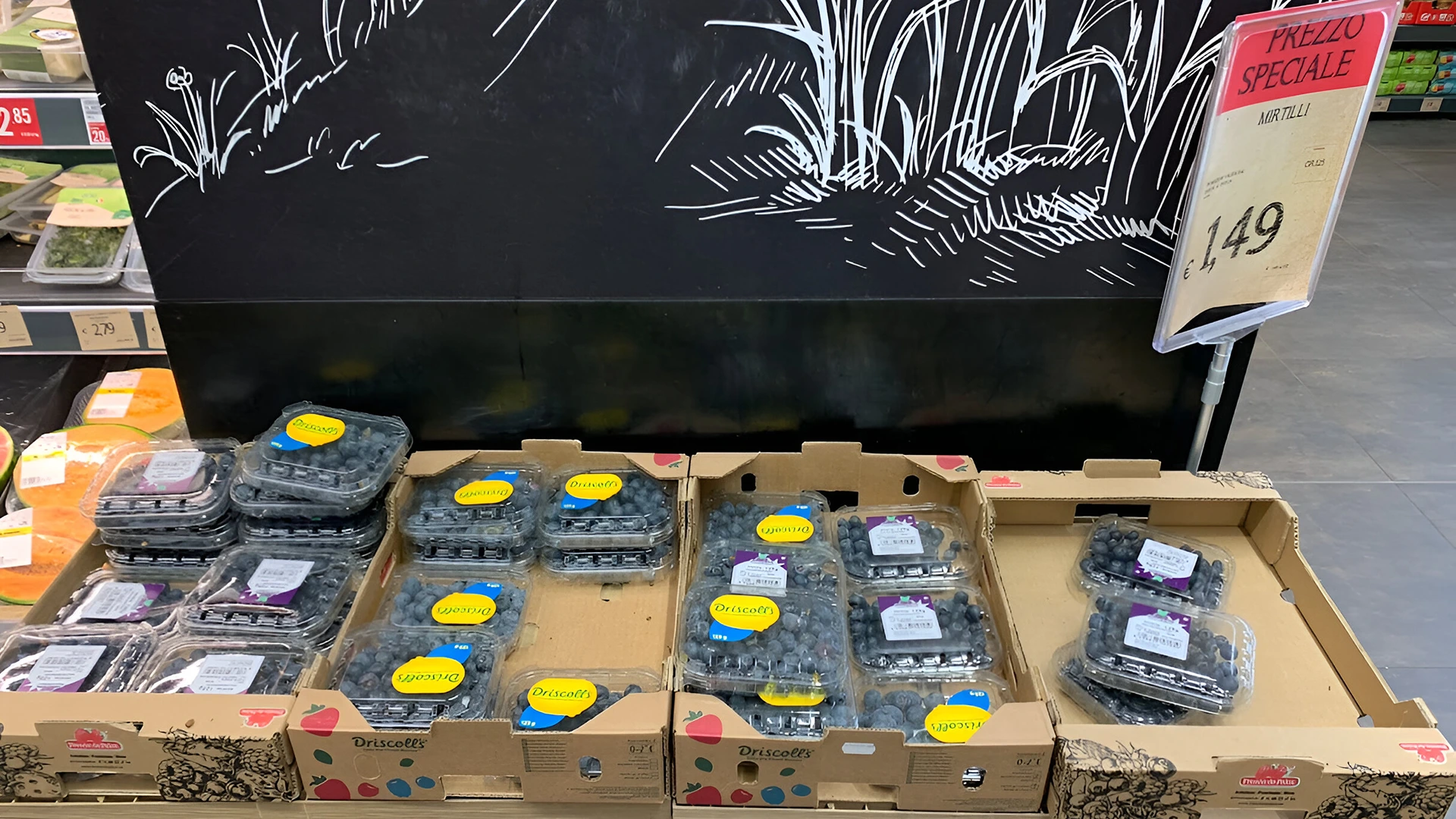"Deepen our knowledge of the needs of all the players in the supply chain, from nurserymen to market players," was the comment of Carmela Suriano, EMEA director of Nova Siri Genetics, on the two-day workshop organized by the company involved in research and testing of new strawberry and berries varieties last March 30 and 31. During the workshop, the launch in the coming months of the first raspberry variety was announced, as well as important developments involving new selections of strawberries that are neutral and adapted to continental climates.
At the event, speeches and presentations by:
- Claudio Scalise, "The world strawberry market scenario, production and international trade"
- Nicola Tufaro, "Genetic improvement to meet the challenges of sustainable agriculture"
- Chiara Volpato, "Production trends and challenges of the strawberry sector in Italy."
- Jorge Duarte, "Freson of Spain, Production, varieties and trends."
- Amine Bennani, "Moroccan strawberry sector."
The discussion was then embellished with focuses on production trends and the new challenges facing strawberry farming. These were the salient themes developed during the authoritative meeting, moderated by Manuela Soressi of IlSole24Ore, held at the Hotel San Vincenzo in Policoro on March 30 entitled:"The strawberry: sustainable varietal innovation as a factor in the development of production and consumption."
The event, which was part of the two-day event that ended with an Open Day on March 31, was organized by Nova Siri Genetics a company specializing in research and testing of new strawberry varieties and berries.
During the open day, guests were able to visit the research sites, namely the laboratory, the growing greenhouse and the experimental fields. Within the latter are the advanced selections of potential new strawberry varieties, which were also joined by raspberry varieties.
The introductory contribution came from Carmela Suriano, NSG's EMEA director, who pointed out that strawberry farming is in a time of transition and that "genetic improvement activities are driving the process of change that the sector requires today."

Carmela Suriano emphasized the importance of comparison between research and industry players to better guide breeding activities. She commented on the two-day event as follows, "Comparison and study of production and market trends are necessary, to ensure that research not only meets the current needs of the sector, but also understands and anticipates future scenarios and anticipates solutions. In fact, it is essential to analyze and interpret change to ensure that manufacturers meet the challenges in the marketplace."
In conclusion, Suriano added, "In light of all the evaluations and forecasts, as Nova Siri Genetics we intend to continue the course we have started and to intensify it. The signals coming from the markets are very encouraging, strawberry cultivated areas are registering steady upward trends." The meeting with international supply chain partners and players will be replicated each year, with focus on specific issues, covering both technical and environmental factors and market evolutions.
Claudio Scalise, managing partner SGMarketing Agribusiness, focused on the analysis of the structural and evolutionary scenario of the strawberry sector with a zoom on the Mediterranean basin.

"Against a backdrop of growth at the global level, with the emergence of new players at the production level, there is strong dynamism in the Mediterranean basin: in fact, the production share of Mediterranean countries is growing, with a global share of 18 percent. In particular, looking at the average for the three-year period 2019/2021, the following are growing: Turkey (+20%), Greece (+19%), Morocco (+18%) and Spain (+17%). On the international trade front, trade is also growing and there is an overall increase in export prices (+32% world average 2019-2021 vs 11-13).
"It denotes an increasing focus on cultivar selection and production techniques: this allows for higher yields, expanded production schedules, and a response to consumer demands, particularly European consumers, for quality and sustainability of production."
The workshop revealed the main critical issues facing strawberry growers, primarily climate change, water scarcity, and the need for reduced use of pesticides. In this regard, Nicola Tufaro, breeder of the company, said, "Nova Siri Genetics' breeding activity takes into account the changing production needs of the market and proposes rustic, sustainable and resilient varieties to enable early production, with good production performance and good fruit characteristics."

The Nova Siri Genetics breeder also spoke about genetic improvement to meet the challenges of sustainable agriculture. "Rusticity, earliness, excellent shelf life, production performance, and good fruit characteristics are the answers NSG is giving to meet current and future challenges."
Tufaro added, "Our research focuses on hardy varieties, which are therefore resilient and able to cope with current climate change, adapting to new regulations that call for a gradual reduction in the use of pesticides."
And finally, Tufaro, spoke about Nova Siri Genetics' new developments such as the launch of the first raspberry variety. The variety offering will also be enriched with strawberry cultivars suitable for continental and neutrodiurnal climates.
The workshop hosted a round table discussion with speeches by Chiara Volpato, senior project manager Agrifood at Nomisma, who, with respect to the current picture of the Italian market, explained that "Italians are not giving up strawberries, whose consumption is not only marked by a positive trend, but is also bucking the trend of the decline in fruit and vegetable consumption overall. In this context, the strawberry sector has an obligation to implement innovation strategies for greater sustainability of the supply chain, optimizing production performance and the income profile of production."

Jorge Duarte, senior agronomist and CEO of Hortitool Consulting, after an in-depth analysis of the berries sector in Spain, focused on the problem of water scarcity.
In this regard, he pointed out, "The rational use of water resources will lead growers in the sector toward innovative cultivation techniques such as off-ground or growing strawberries in coconut fiber."
And again, "Research should continue to focus on rusticity of the plant and shelf life of the fruit, which are key characteristics that will enable Spain to export strawberries to more distant countries such as India and China."
Amine Bennani said, "Strawberry exports from Morocco are growing year by year. The EU is the main recipient of Moroccan fresh and frozen product. The goal for 2030 is to reach 180,000 tons of strawberry exports, about double the amount today, resulting in an increase in the area devoted to this crop of 4-5 thousand hectares, up from 3,800 hectares."
Finally, Bennani added, "Business between Europe and Morocco is mutually beneficial, as at least 80 percent of inputs come from Europe, in fact 80 percent between plants, plastics, packaging, logistics, fertilizers, agrochemicals" come from Europe."







